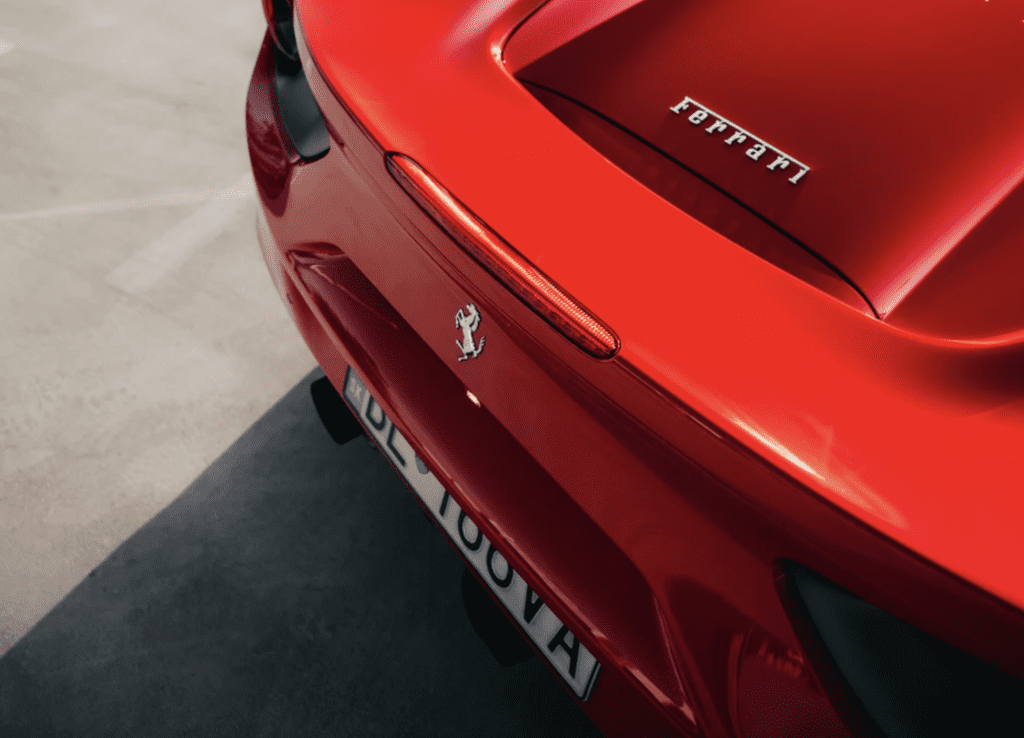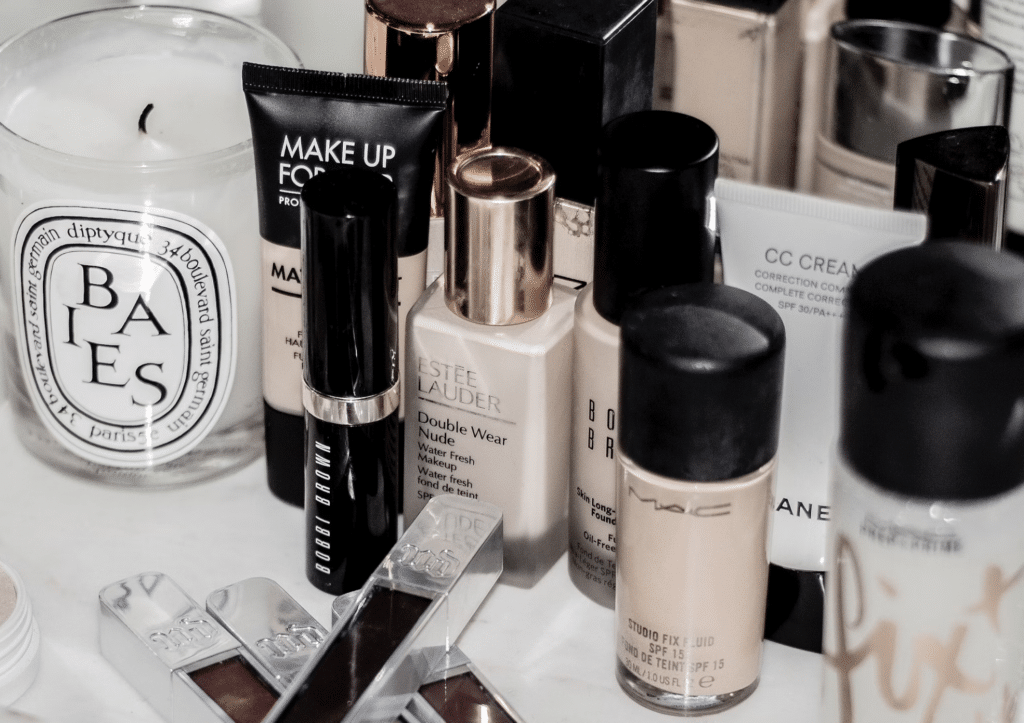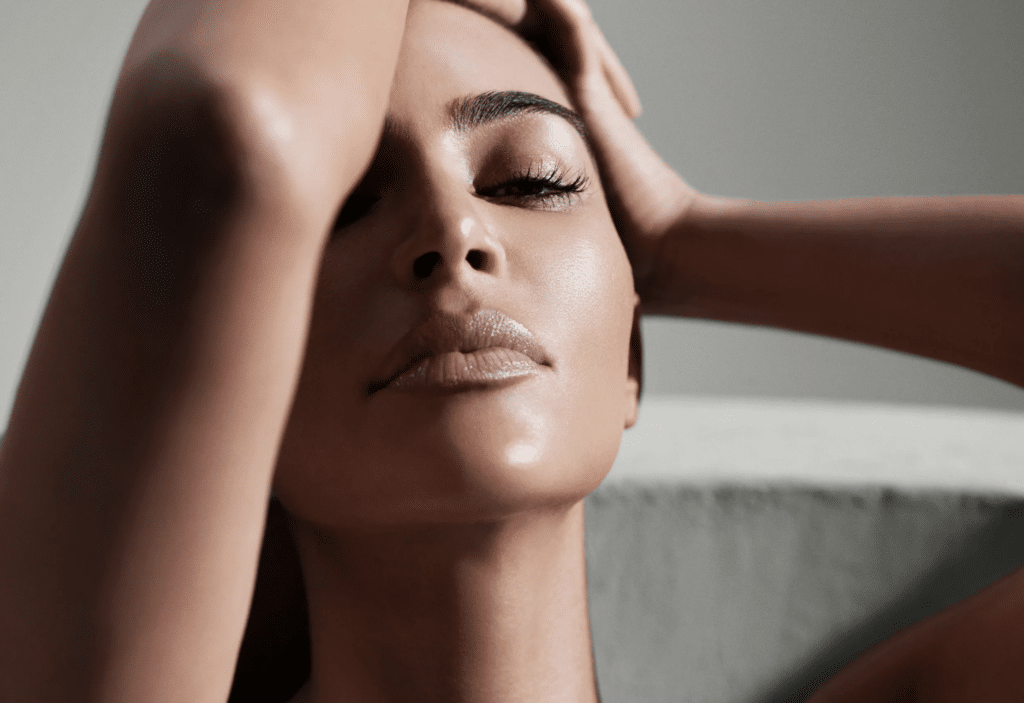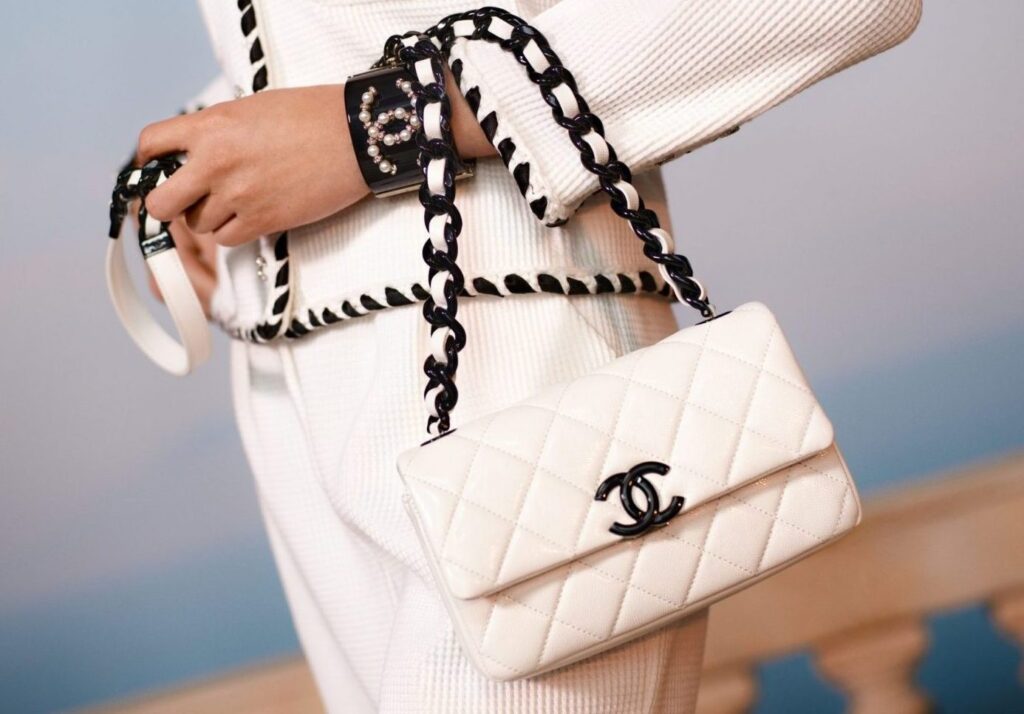Luxury is among the three sectors that Exor says that it will focus on going forward. During its investor day presentation on Tuesday, the Netherlands-incorporated investment group run by Italy’s Agnelli family, revealed that in addition to healthcare and technology, it has set its sights on luxury, a sector where it will spend some of 9 billion euros ($10.2 billion) that it will have on hand once it completes the sale of insurance company PartnerRe in the first half of 2022. Speaking specifically to the luxury goods space, Exor management stated on Tuesday that it is an attractive sector due to its “resilience,” noting that potential investment and acquisition targets can benefit from Exor’s “long-term capital and [the] experience of family ownership.”
One brand that does not appear to be coming under the umbrella of Exor is Giorgio Armani. Despite engaging in on-and-off discussions over the past year in order to add Armani to its lineup of luxury holdings that already includes Chinese fashion brand Shang Xia and a 24 percent stake in Christian Louboutin, and luxury automaker Ferrari, which is in the process of moving its non-automotive offerings more upmarket, Exor chairman and Chief Executive John Elkann confirmed that a deal is not on the table. “We have got an excellent relationship with Giorgio Armani and his group, [but] the company is not for sale,” Elkann stated.
The potential for a deal between Exor and Armani came into focus this spring when Mr. Armani – who founded his Milan-based eponymous label in 1975 – told Vogue in connection with a lengthy interview that “the idea of Armani continuing as an independent company is ‘not so strictly necessary.’” More specifically, the legendary fashion figure told the fashion publication that “one could think of a liaison with an important Italian company.” The revelation was striking, given that, as Vogue stated, “Mr. Armani has insisted” – for years – “on his company’s independence, even as Gucci and Fendi and Pucci and other Italian luxury giants sold to the French conglomerates Kering and LVMH.”
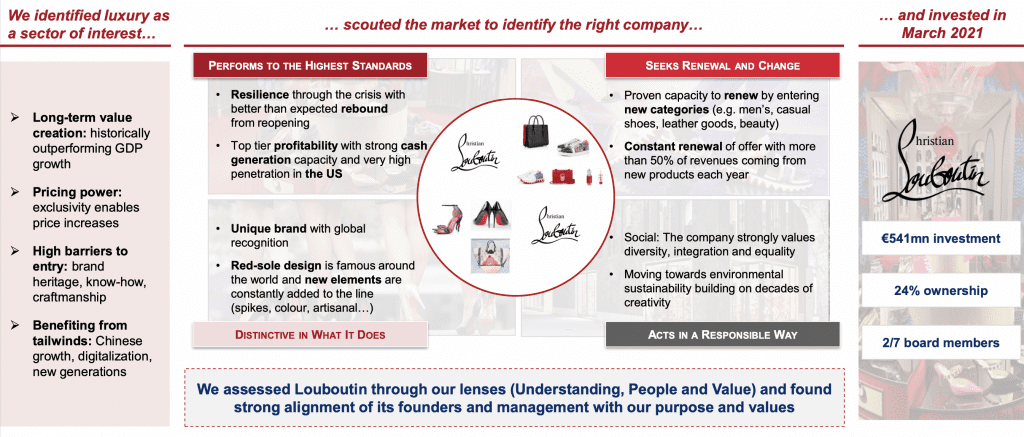
Without naming names (and in lieu of any guesswork from Vogue), Mr. Armani provides a couple of potentially significant clues in the interview about what such a deal could look like. For one thing, he seemingly doubles down on the Italian heritage of a prospective acquirer, saying that “a French buyer is not in the cards,” thereby, ruling out obvious picks like LVMH and Kering. He also – quite tellingly – notes that the buyer would “not necessarily [be] a fashion company.” With the latter point in mind, a quick game of connect-the-dots suggested that that deal with Exor could be in the works.
In a statement this summer, a spokesman for Exor said that the company had made “no approach to and … made no proposal (for Armani),” but did not explicitly rule out discussions between Mr. Armani, 87, and Mr. Elkann, who have been in talks between themselves about the future of Giorgio Armani and without the involvement of intermediaries from either of their companies, TFL’s sources said at the time.
That deal may be off the table (for now), but Exor is, nonetheless, looking to venture further into the luxury space and shed its historically non-fashion focus, a strategy that should come as little surprise in light of the sheer depth of Exor and the Agnelli family’s understanding of – and connections in – that sphere. As we previously noted, the expertise that the group has built as a result of its majority ownership of Ferrari – which operates more in the luxury space than the traditional auto market – is integral to Exor’s quest to build time-tested, valuable companies, and could easily be applied to building more fashion-oriented luxury brands. Elkann appeared to echo this – and maybe allude to addition industry acquisitions – in an April 2021 letter to Exor shareholders, stating, “Over the years, we have developed considerable knowledge about the luxury sector and our ownership of Ferrari has allowed us to understand better the art of building luxury brands.”
The group also revealed in June that it would partner with Hong Kong-headquartered World-Wide Investment Company Limited “to invest in medium-sized Italian companies focused on high-end consumer goods.”
While it is not immediately clear what brands may be brought into the fold, it seems likely that Elkann could succeed in building out a luxury division within the Exor ecosystem, as the 45-year-old is widely regarded as one of the most talented capital-allocators of his generation. The grandson of Giovanni Agnelli, Elkann is credited with helping to save the “nearly-bankrupt” Fiat beginning almost two decades ago, and more recently, for pioneering the merger between Fiat Chrysler Automobiles NV and PSA Group, and creating the world’s third-largest car maker by auto-sales in the process.
The budding empire builder got a vote of confidence recently from Saint Laurent president and CEO Francesca Bellettini, who said in an interview with Italian publication MFF that Elkann “has all the characteristics to do something very similar to what I see in French groups,” likely referring to the luxury goods conglomerates LVMH and Kering. Asked about the start of a new Italian luxury goods group, Bellettini, who works alongside Elkann in her role as a non-executive director on the board of Ferrari, stated that she has her eyes on what Elkann is doing “because he is the first one that is moving in this direction, not starting from luxury.” She further noted that Elkann is a particularly fitting figure to build a new group of luxury brands, as he is “a great entrepreneur with the ability to work very well with CEOs,” which she says is “the touch of a true president of a group.”
Best known for its holdings outside the confines of the fashion industry, including sizable stakes in Italian football club Juventus F.C., Italian media group GEDI Gruppo Editoriale, luxury automaker Ferrari, publisher Economist Group, capital goods entity CNH Industrial N.V., and Stellantis, which is the result of the recent merger between Fiat Chrysler Automobiles group and French automotive group PSA, Exor said on Tuesday that its priorities for the next handful of years or so remained unchanged since it first set them out in 2019. This includes, among other things, to “continue building great companies,” and to “acquire new companies,” in furtherance of a company culture that “combines entrepreneurial spirit and financial discipline.”







